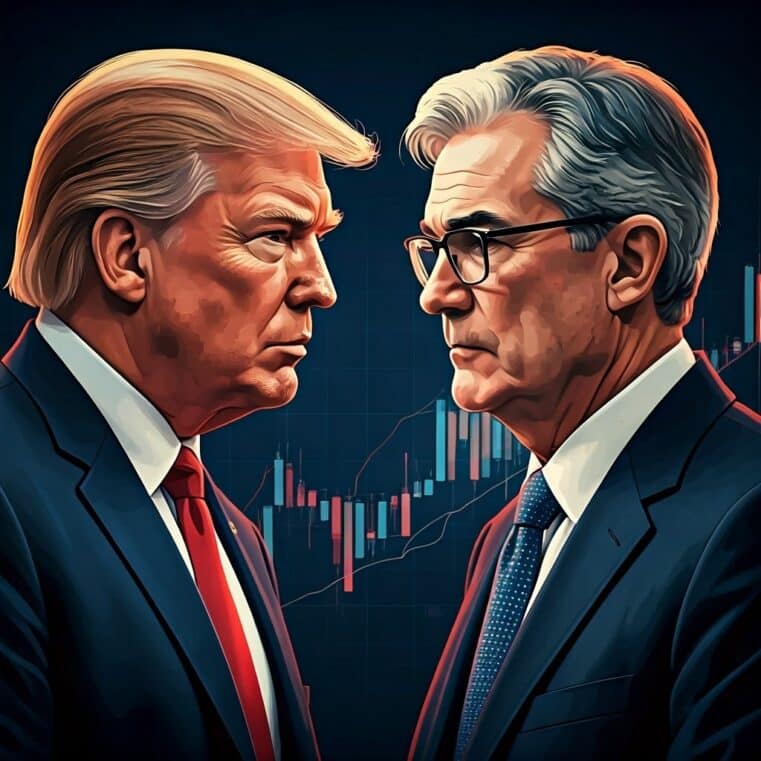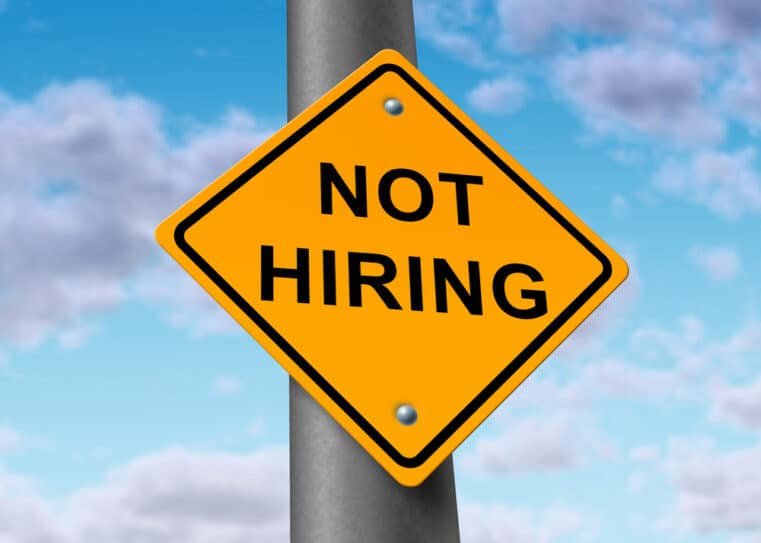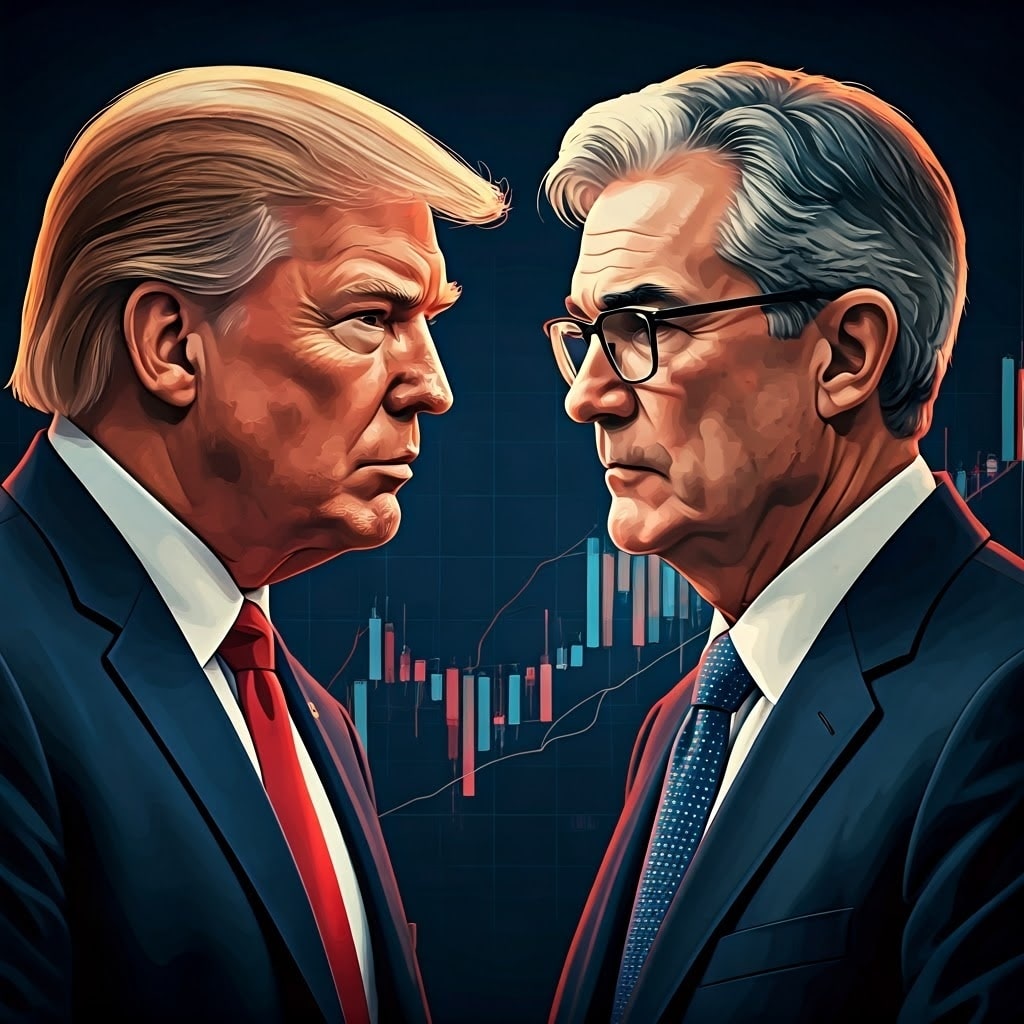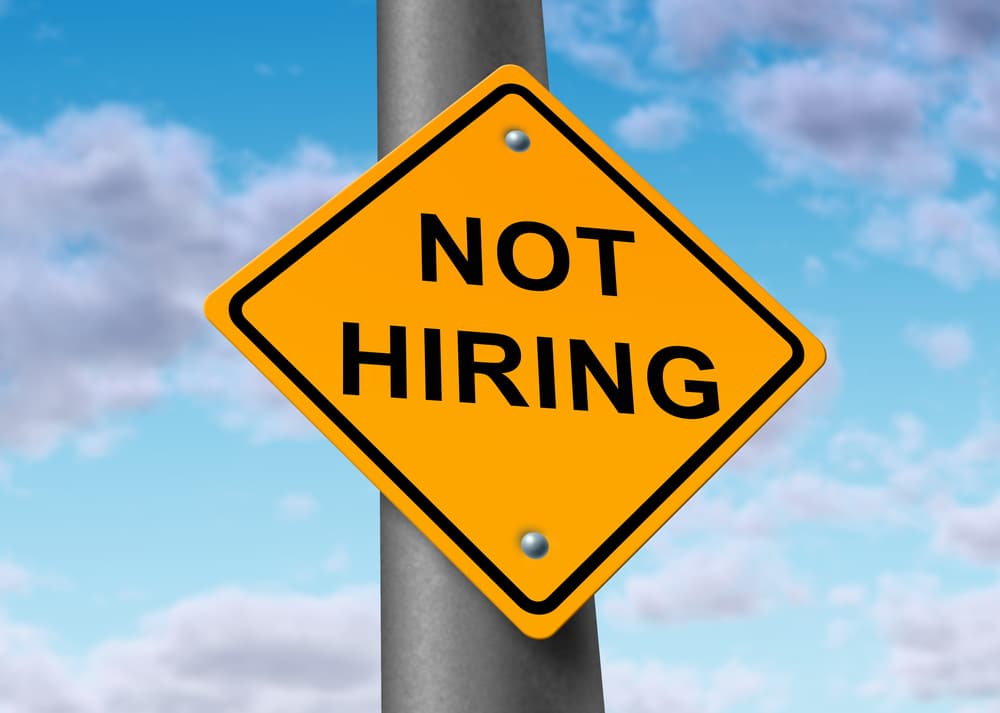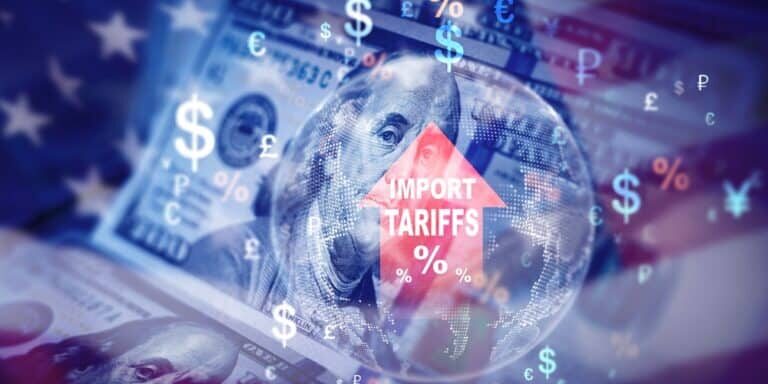
Goldman Sachs CEO: Business Community Understands Trump’s Tariff Strategy
Goldman Sachs CEO David Solomon weighed in on President Donald Trump’s latest tariffs on aluminum and steel, stating that while the business community generally favors lower tariffs, it understands the rationale behind the administration’s actions.
"I think the business community understands what the president is trying to do with tariffs," Solomon said in an exclusive interview on Mornings with Maria on FOX Business. "The business community is always going to want lower tariffs everywhere… in the world. At the moment, there is some uncertainty in the markets digesting that, but we're going to have to watch and see how this all plays out."
Business Reaction to Trade Policy
Trump’s 25% tariffs on aluminum and steel imports took effect early Wednesday, prompting an immediate response from the European Union, which announced retaliatory tariffs on $28 billion worth of U.S. exports beginning April 1st. Trump has indicated that additional reciprocal tariffs are planned for April 2nd.
While some industry leaders have expressed concerns over potential disruptions, Solomon’s remarks suggest that many in the business community see the tariffs as part of a broader economic strategy. The uncertainty surrounding trade policy, however, has already impacted market sentiment.
Market Response and Economic Outlook
Trump’s recent comments about the possibility of further tariff increases contributed to market volatility this week, with some major banks adjusting their economic forecasts. The president, in an interview over the weekend, described the current economic climate as a "period of transition" and did not directly address whether a recession was likely this year.
FOX Business correspondent Charlie Gasparino noted that while markets could experience short-term volatility, the long-term effects of Trump's trade strategy remain to be seen.
Mergers, Acquisitions, and Capital Markets
Despite uncertainties surrounding trade policy, Solomon stated that activity levels in mergers and acquisitions (M&A) and initial public offerings (IPOs) have improved compared to the last two years.
"There’s still an enormous amount of pent-up demand both for capital markets activity and M&A activity," he said. "I would say, at this moment, the level of uncertainty is a little bit higher, and that has kept some possible transactions on the sidelines, but the overall level of dialogue, as people are thinking strategically about where they want to drive their businesses, is certainly increasing."
Solomon added that he expects M&A and capital markets activity to pick up as the year progresses, though trade uncertainty remains a factor in corporate decision-making.
As the administration moves forward with its tariff policies, the business community will continue to assess their impact on trade, investment, and overall economic conditions.






